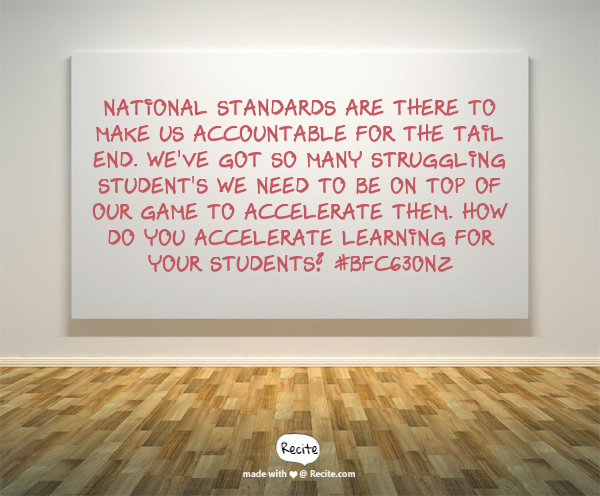As I embark on my first inquiry I have decided to record my findings here as I know that questions, queries and uncertainties can be answered. I am not sure how to approach this inquiry and what is the best way to record all the evidence, information and findings I come across so any advice will be appreciated.
The four students I have chosen are students are writing
below the National Standards for their age. All but one is a year three
student.
My year four student is writing at a level 1A (OTJ- Overall Teacher Judgment) but it is not always
consistent
All my year threes are writing at a 1P (OTJ) depending on the
day.
Students will
independently write texts that are clearly directed to a particular audience.
They will organise their texts according to a basic structure that meets their
purpose for writing (for example, a story with a beginning, middle, and an
end). These texts will include, when appropriate:
·
content, mostly
relevant, that conveys several experiences, items of information, and/or ideas
relating to a curriculum topic and that sometimes includes detail and/or
comment
·
mainly simple
and compound sentences that vary in their beginnings and lengths and in the
simple conjunctions used
·
attempts at some
complex sentences
·
some specific
vocabulary that is appropriate to the content of the text.
By the end of year 4 they need to be able to;
Students will
independently write texts, using language and a simple text structure that suit
their audience and purpose (for example, when recounting, describing,
narrating, reporting, or explaining). These texts will include, when
appropriate:
·
content that is
mostly relevant to the curriculum task, covers a range of ideas, experiences,
or items of information, and often includes detail and/or comment supporting
the main points
·
mainly simple
and compound sentences that vary in their beginnings structures, and lengths
and are mostly correct grammatically
·
attempts at
complex sentences
·
words and
phrases, in particular, nouns, verbs, adjectives, and adverbs, that clearly
convey ideas, experiences, or information.
Below is the unaided piece of writing I gave my students
last week.
 |
| Year 4 |
 |
| Year 3 |
 |
| Year 3 |
 |
| Year 3 |




























